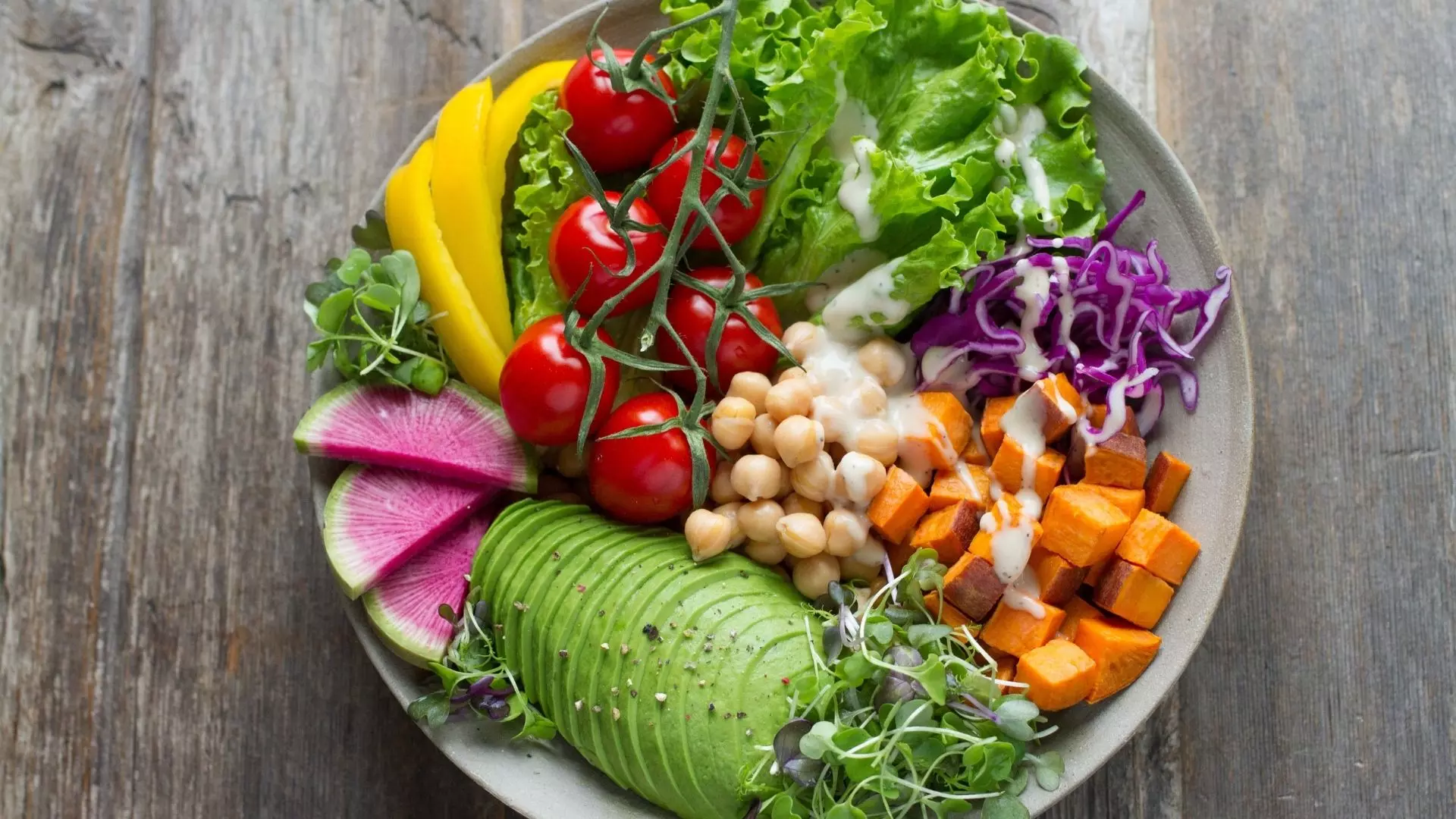All in the gut: Why your stomach holds the key to good health
Our gut health is dependent on the balance of good bacteria but can this imbalance affect our immune system? An expert provides insights into the topic
- By Tarvene ShahpuriLoading...
- | 18 May 2021 10:15 AM IST
 X
X
The gut is hardly a topic of conversation for a cocktail party, but some would argue that it's on its way to becoming just that. Not only is gut health a popular topic in scientific research, but it also has a following in food circles too. And rightfully so, given its importance today, because it is where your body's defense mechanism lies. Not only is it in charge of digestion, but also assimilation, absorption and excretion.
Everything we eat and drink passes through the gut. It seems simple enough, but the tubelike GI (gastrointestinal) tract, lined with a thin, sticky mucous, is embedded with millions of bacteria that live, grow and metabolize (digesting and absorbing) in what's considered a complex ecosystem comprised of both beneficial and harmful bacteria.
According to Payal Kothari, integrative nutritionist, gut health coach and founder of GutAvatar and INUEN a one-stop for home-cooked foods to Ayurvedic mixes, the gut is the wall and all the nutrients from foods we consume get processed through this part of the body. "The gut lining is like a cheese or muslin cloth that only allows nutrients to pass through into the bloodstream to nourish cells and organs. If there are holes in the lining, which is called 'leaky gut syndrome' then it is the beginning of simple as well as chronic illnesses," she simplifies.
Payal Kothari, Integrative Nutritionist and Gut Health Coach
Gut and microbiota
Not long ago, we held the belief that bacteria had little to do with our well-being and considered it a separate entity that just assisted in the digestion of certain foods. More recently, it has become a fact that humans possess as many bacterial cells as human cells – with over 10,000 species and trillions of microorganisms present in our gut! The enormous and complex community of bacteria that populate our gastrointestinal tract, termed the gut microbiota, are well known to play a key role in maintaining host health and metabolic balance.
The key to establishing and managing a healthy gut microbiota, and thus realising its beneficial health effects, lies in maintaining a balance between the beneficial and pathogenic microorganisms. Diet plays a crucial role in this, not only by providing overall nutritional support to keep the body in smooth running order, but by supplying specific nutrients that directly support the microbiota.
Here are some tips that will help you keep your gut microbiome (and your immune system) healthy:
A diverse microbiome is a healthy microbiome
With lots of different microbes that can perform a range of functions and fend off infections. You can increase the diversity of your microbiome by eating lots of plant-based foods, which are high in fibre and limiting ultra-processed and junk food.
Give the Mediterranean diet a shot
Recent research has shown that following a Mediterranean diet can improve your gut diversity and reduce inflammation, which may put you in a better position to fight pathogens. This involves eating plenty of fruit, vegetables, nuts, seeds, whole grains, legumes and pulses, alongside healthy fats like high-quality extra virgin olive oil and lean meat or fish. At the same time, keep your gut bugs healthy by limiting alcohol intake, salt, sweets and sugary drinks.
Include probiotics in your diet
You can also support your microbiome by including probiotic-rich foods like natural yoghurt, kefir (fermented milk) or kombucha (fermented tea), all of which contain live microbes. Or take a tip from the Koreans and tuck into some kimchi—a tasty mix of fermented vegetables like cabbage with chili and garlic.
Include more vitamin-and-mineral rich foods
Many different vitamins and minerals play a key role in supporting our immune function. Vitamin A, which can be found in brightly coloured fruit and vegetables including spinach, carrots, sweet potatoes, red peppers, mango, papaya and apricots, is just one example. The wider range of fruits and veggies you incorporate in your diet, the more robust your gut health is going to be.
Keep a check on inflammation
Anti-inflammatory foods include omega-3 fatty acids (fish, flaxseeds and chia seeds), leafy green vegetables, ginger, turmeric and, giloy. Avoid intake of foods that increase inflammation, like animal protein, dairy, proteins in wheat, soya and corn, toxic fats, processed foods and excessive sugar.
This article provides general information and discussions about health, nutrition and related subjects. The information and other content provided in this, or in any linked materials, are not intended and should not be construed as medical advice, nor is the information a substitute for professional medical expertise or treatment.

Tarvene Shahpuri
Tarvene is a chocolate and chai fiend who is constantly on the hunt for cute cafes. You can catch her baking some Biscoff cheesecakes or binge-watching Netflix shows. She likes filling up her free time painting, listening to music or going on long drives.


